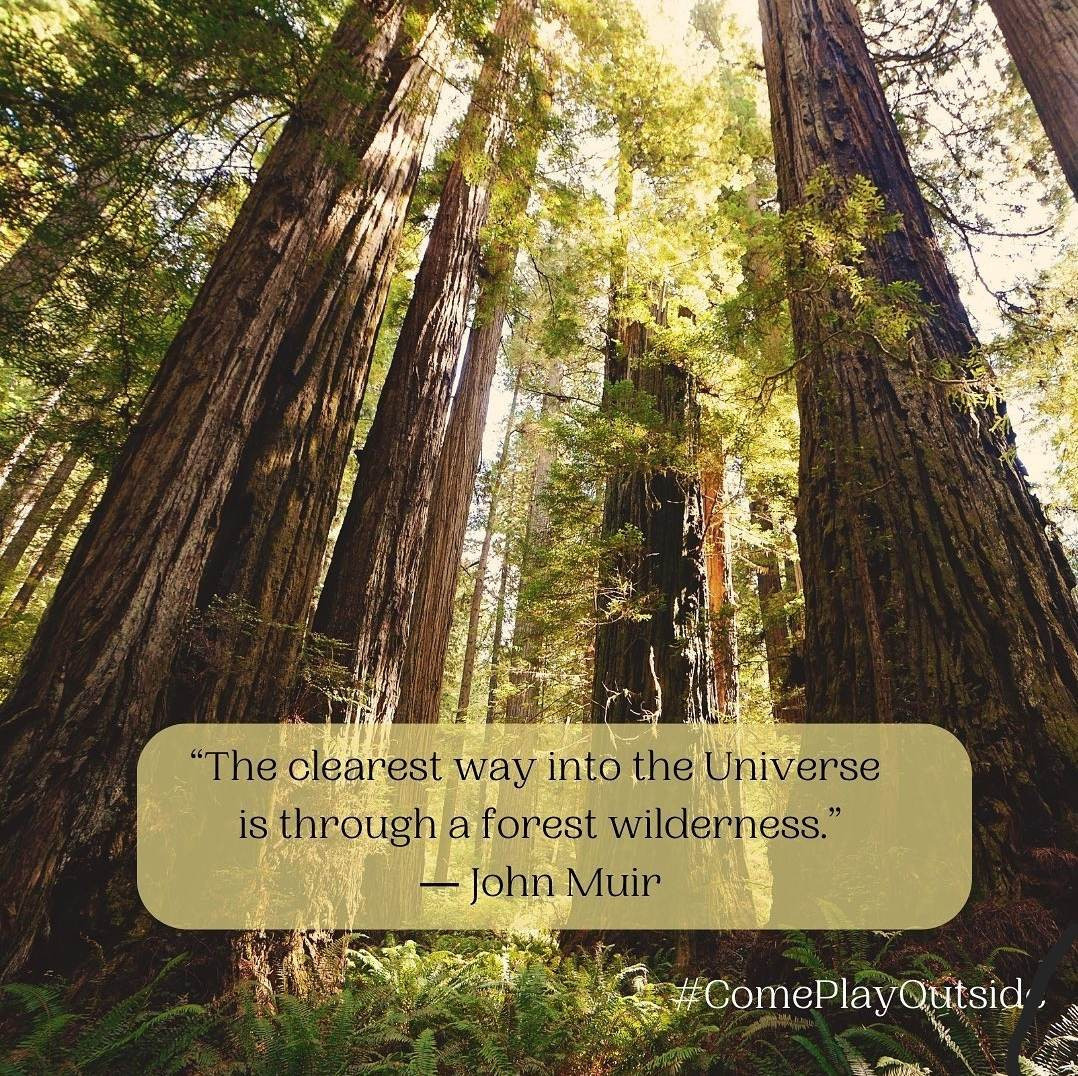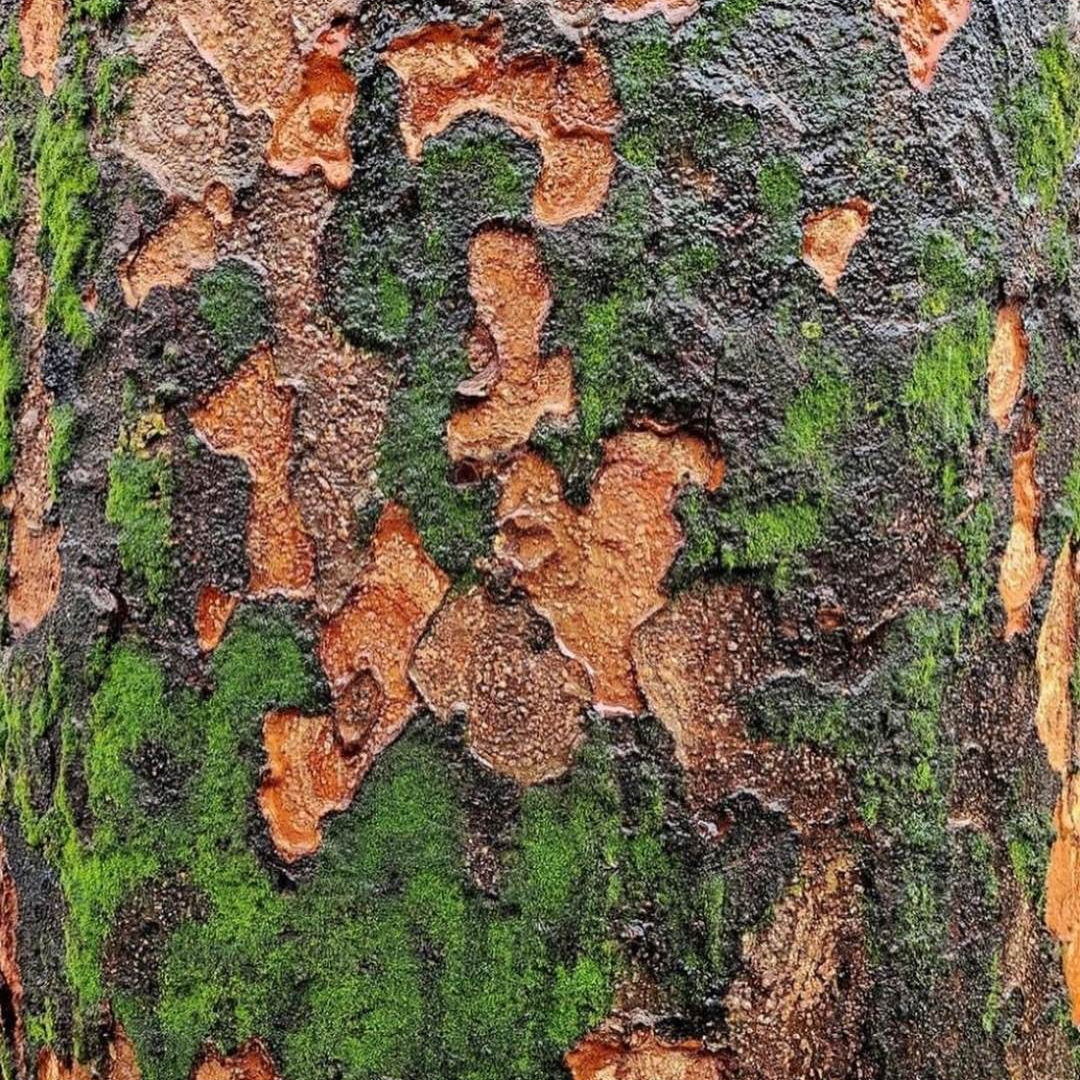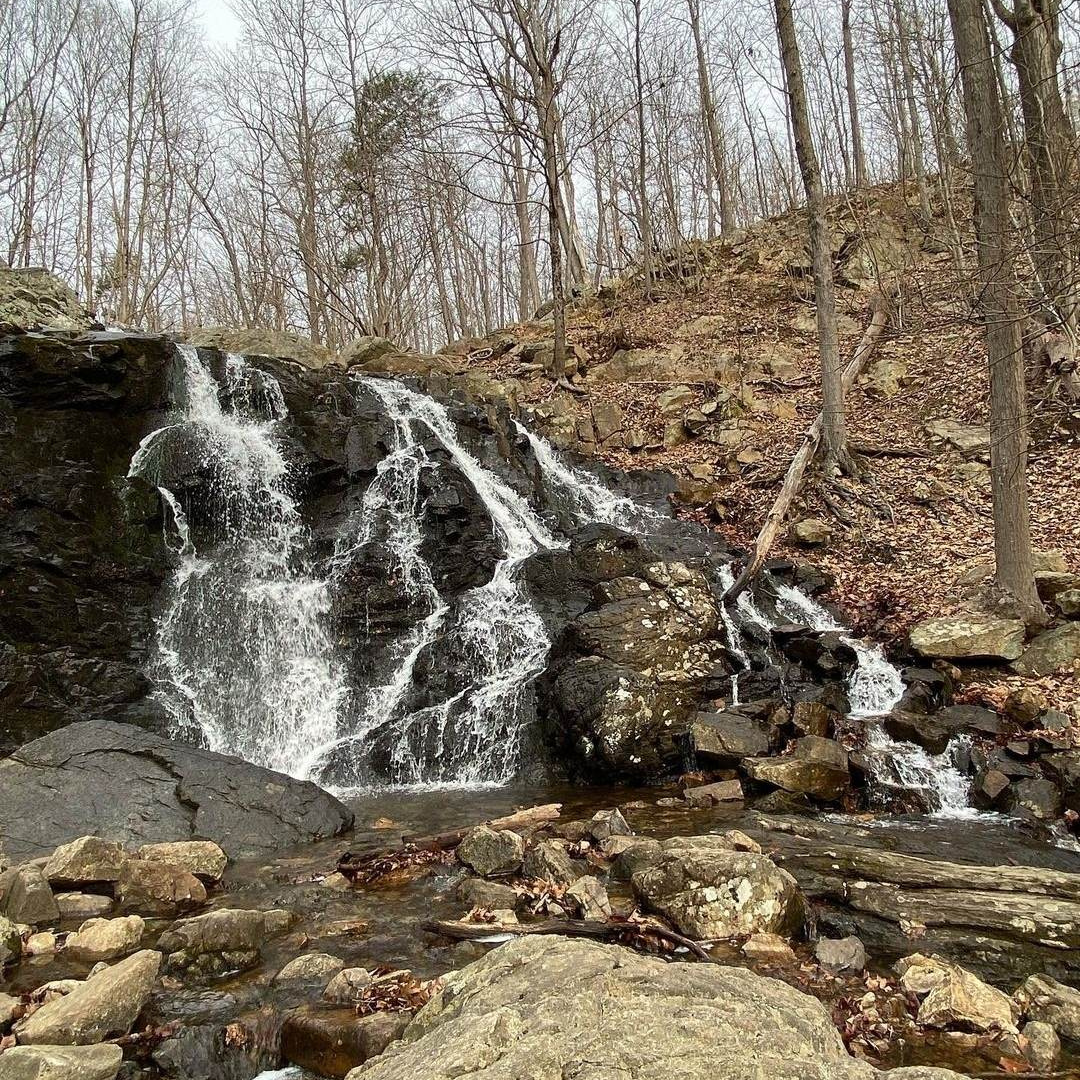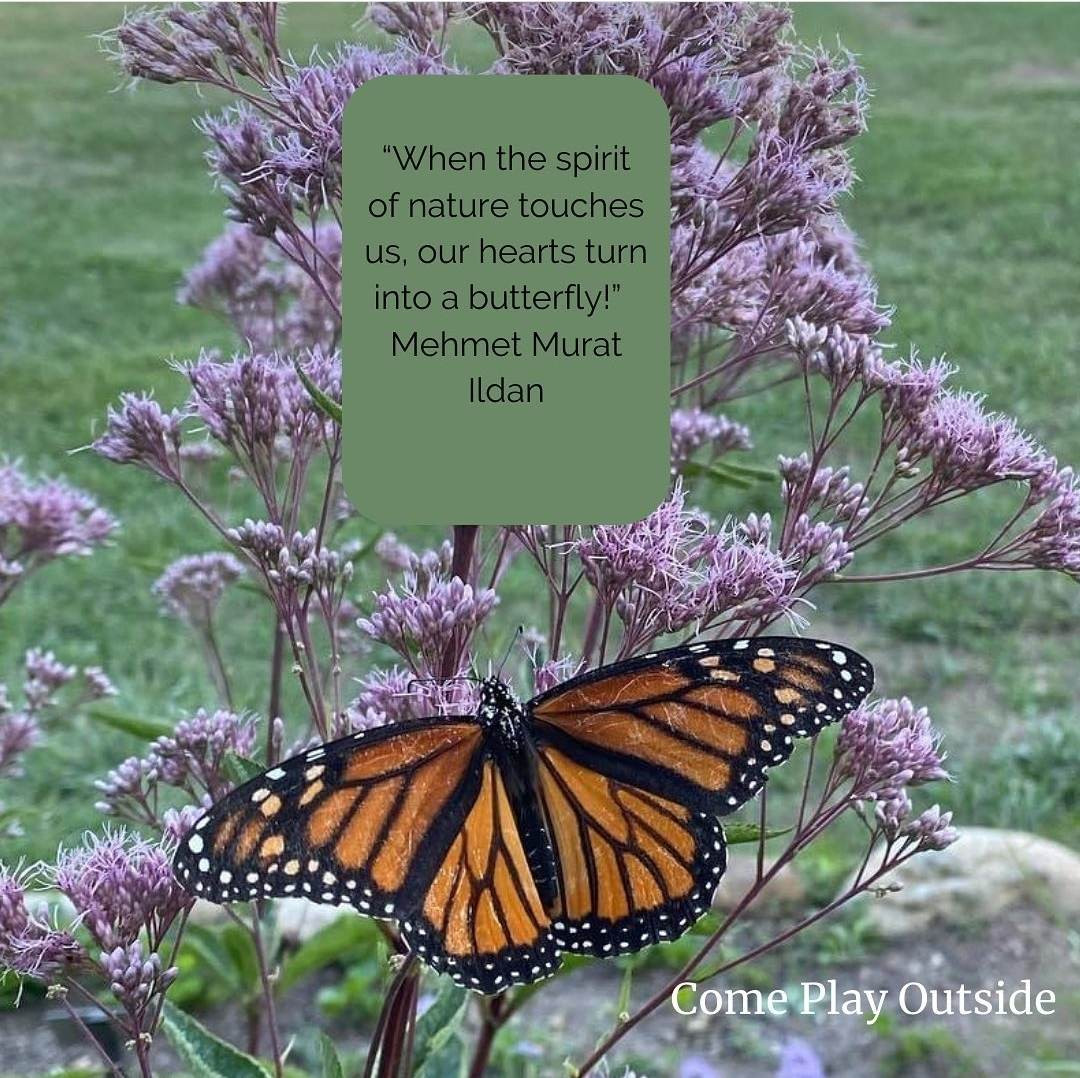
Sadly, many companies are guilty of “greenwashing,” or making false or misleading statements about their products’ environmental benefits to appeal to eco-conscious consumers (like me). It’s vital that we are aware of greenwashing and learn how to distinguish genuinely eco-friendly products from those that are only riding the green wave. In this article, I want to explore what greenwashing is, some common examples, and how you can spot it.
What is Greenwashing?
Greenwashing is a marketing tactic that companies use to make their products or services appear more eco-friendly than they are. Greenwashing can be a subtle or blatant exaggeration, misrepresentation, or even outright lie that misleads customers into thinking a product is sustainable or environmentally conscious when it is not. The objective is to attract socially conscious consumers and increase sales by making sustainability claims.
Common Examples of Greenwashing:
Greenwashing can take many forms, from vague and ambiguous marketing language to false or misleading claims about product features that are not eco-friendly. Here are a few common types of greenwashing to look out for:
- The use of meaningless terms, such as “natural” or “organic,” which is not legally defined and doesn't necessarily mean a product is environmentally friendly, safe, or contains less toxic ingredients.
- False or misleading environmental claims, for example, a paper towel label that reads “100% recycled” when it only contains 10% of recycled materials.
- Making the consumer feel “good” about the purchase, for example, donating to charity or planting trees, puts the focus on the good feeling, rather than making a real contribution to the environment.
How to Spot Greenwashing?
Fortunately, greenwashing can be easy to spot if you know what to look for.
Here are a few signs that a product may be “greenwashed”:
- Vague language: If the product uses vaguer terminology, such as “eco-friendly,” “environmentally conscious,” or “green,” without specifics about what makes it so, then it could be deceptive.
- Unverified claims: If the product claims to be “certified” or “approved” by a reputable environmental organization but the consumer can't find any evidence of such certification, it may be greenwashed.
- Lack of transparency: If a company cannot disclose how it makes its products more environmentally friendly or won’t answer questions about its manufacturing practices, it may be greenwashed.
In an era when more people are environmentally conscious than ever before, it’s essential to become aware of greenwashing, a marketing technique that can easily trick consumers into buying products that are not as green as they claim to be.
To avoid falling for misleading claims, be sure to read labels carefully, look for verifiable certification, and research products and companies before making a purchase. As consumers, we have the power to demand transparency from companies and drive genuine changes toward a more sustainable future.












